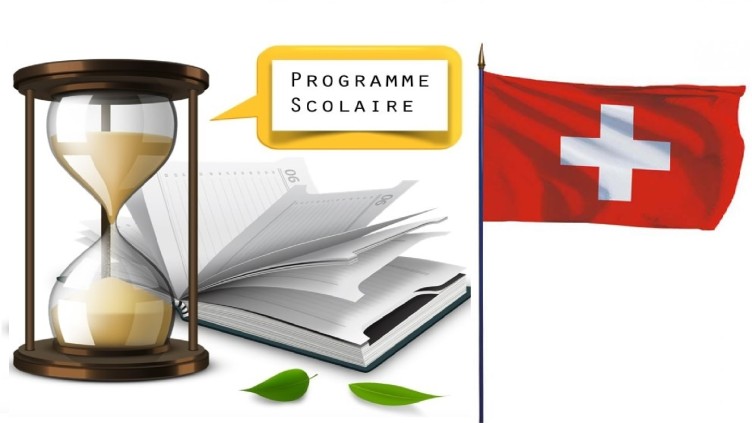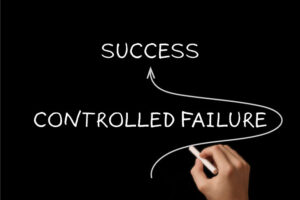NOBODY IS SUPPOSED TO IGNORE THE LAW!
BUT IT IS NOT TEACHED OR AT LEAST BEFORE THE SECONDARY CYCLE…
Then we are surprised that the hardening of the laws has no effect on delinquency..!
Criminal Law should be taught from primary school since delinquency generally begins at the beginning of secondary school.
Education is the backbone of any developed society. It should nurture informed citizens, innovators and creative thinkers.
But as the world changes rapidly, is our education system keeping pace?
In Switzerland, in particular, the call for urgent curriculum reform is growing. The current curriculum requires a profound revision to respond adequately to the needs and demands of our times.
We are not advocating for a total overhaul, but rather for a replacement of existing subjects, with a new pedagogical approach that emphasizes practical skills and interactivity with society.
Subjects such as history and geography must be purely and simply optional or replaced, and others such as biology must be adapted to meet everyone’s concerns.
Replacing History with Law
History, as a discipline, is a frozen account of the past. History is a simple succession of dates and events, mostly military and political. If it can be culturally interesting, on a daily basis we have no use for it.
It is therefore essential to replace it with a constant need in today’s society; the right.
Pupils and students must understand how to fulfill their obligations and exercise their rights, but also how laws are created, modified and implemented in the current context.
They should be able to make connections between legal changes and social, political and economic developments. This would strengthen their understanding of the importance of the law in shaping our society and stimulate their engagement as active and responsible citizens.
The Replacement of Geography by the Relationship with Civil Society and the State
Geography, as it is currently taught, provides students with knowledge of landscapes, climates and territorial divisions. However, it is often limited to factual teaching that neglects the interactions between space and society.
There is therefore an urgent need to rethink the teaching of geography to equip students with the tools necessary to understand the complexities of the relationship between civil society and the state.
Students should be able to grasp how local and national communities interact with their environment, how public policies influence these interactions, and how citizens can actively participate in decision-making.
The curriculum should encourage students to engage with topics such as sustainability, socio-spatial inequalities, population movements, international relations, local and national governance, among others.
This new approach would better prepare our young people to become active and responsible citizens, able to participate constructively in society.
The Adaptation of Biology through the Integration of Human Health
Current biology education in Switzerland focuses mainly on the study of living organisms, their structures, functions, growth, origin, evolution and distribution.
However, the growing importance of human health in our society necessitates a reform of the biology program.
By integrating the teaching of human health into the biology curriculum, we could give students a deeper and more practical understanding of their own body, its needs and its functions.
Students would not only learn the biological mechanisms underlying human health, but they would also understand how to maintain and improve their own health and that of others.
One of the key elements of this reform would be the teaching of food and vitamins: their role in the human body, their food sources, their effects in the event of deficiency or overdose, and their implications in various pathologies.
Such education could help reduce the prevalence of diet-related diseases and promote better overall health.
Additionally, integrating human health into biology education would encourage a more holistic approach to health, emphasizing prevention rather than treatment.
Students would learn the importance of physical activity, emotional balance and general healthy living.
They would understand that health is a state of complete well-being – physical, mental and social – and not merely the absence of disease or infirmity.
This new direction in biology education would also help educate students about broader public health issues.
For example, they could explore the links between human health and environmental issues, such as climate change, air and water pollution, or biodiversity loss.
They could also look at health inequities, both nationally and globally, and brainstorm possible solutions.
Conclusion
Education is a dynamic institution that must constantly adapt to meet the changing needs of society.
In Switzerland, it has become urgent to rethink our approach to education to prepare our young people to face the challenges of the 21st century.
By replacing geography with an education focused on the relationship with civil society and the state, we could help our students understand the complexities of our interconnected world and participate actively and responsibly in society.
By adapting biology to incorporate human health and vitamin education, we could give them the tools to take care of their own health and understand public health issues.
Such a reform will require a strong commitment on the part of all the actors concerned: educators, parents, politicians, and of course the students themselves.
But with willpower, creativity, and perseverance, we can build an education system that truly prepares our young people to become the citizens, leaders, and innovators of tomorrow.







